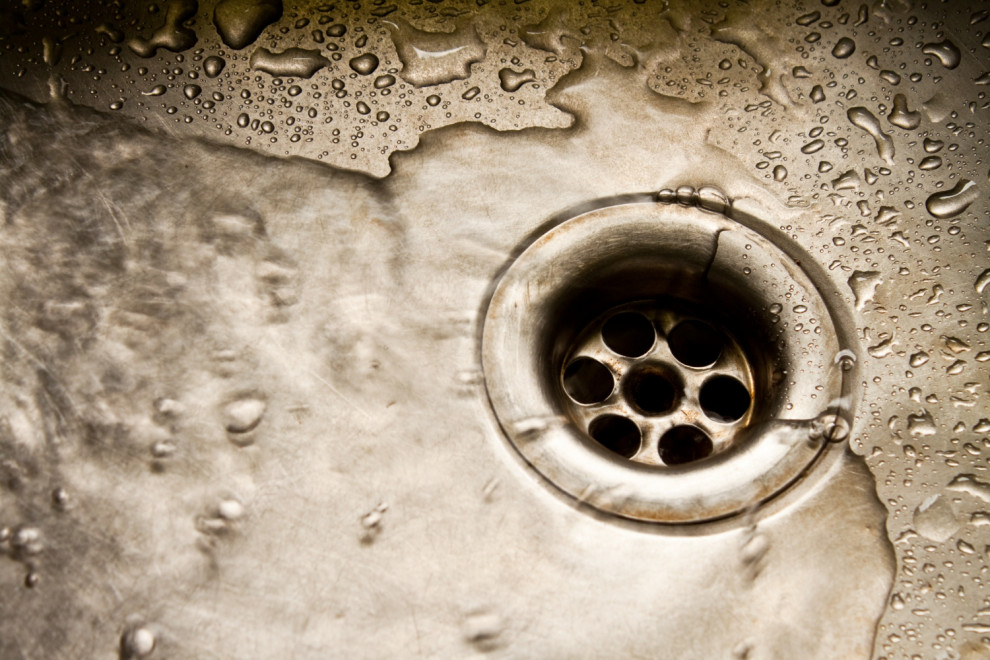What Causes Kitchen Sink Rust and How to Prevent It

Kitchen sinks are the heart of many homes, serving as essential workhorses for daily tasks like preparing meals and washing dishes. However, over time, you might notice some unwelcome visitors lurking around the edges or in the bowl of your sink—rust spots. These little blemishes can make a sleek, beautiful sink look neglected and worn out. Understanding why rust forms is the first step to keeping your kitchen sink looking pristine and lasting for years.
Regular maintenance of your kitchen sink is more than just about preserving its appearance. Rust can gradually deteriorate the material, which affects not just how your sink looks but also its functionality over time. By learning how rust forms and exploring effective prevention methods, you can ensure your sink remains a shining, integral part of your kitchen.
Understanding Rust Formation
Rust on a kitchen sink forms primarily due to the reaction between iron, water, and oxygen. This chemical process creates iron oxide, commonly known as rust. But why does it seem to appear almost magically on what you thought was a rust-resistant sink? Let's demystify the process:
- Materials: Sinks made from lower-grade metals or those with a high iron content are more susceptible to rust. Even a small chip in the protective coating of a seemingly sturdy sink can expose the underlying metal, allowing rust to set in.
- Water Quality: Water isn't just water when it comes to rust. Hard water, which is high in mineral content, can accelerate rusting. These minerals cling to the metal, weakening its resistance and speeding up the oxidation process.
- Environmental Factors: High humidity levels and exposure to salty or acidic substances can also be culprits. Kitchens that trap steam or that often use vinegar or tomato-based foods without promptly cleaning up create an ideal environment for rust to thrive.
Recognizing these factors is crucial because they highlight the everyday elements that interact with your sink, setting the stage for preventive measures. By managing these variables proactively, you can significantly reduce the chances of rust forming and prolong the life of your kitchen sink. Understanding rust might seem basic, but grasping the specifics makes prevention much more actionable.
Preventive Measures for Rust
To keep rust at bay, adopting some straightforward preventive measures can make a big difference in your kitchen. The first important step is to keep the sink dry after use. Wipe down the sink and surrounding areas with a soft cloth to remove moisture that could lead to rust. Regular cleaning with mild soap and water also helps maintain the sink's shine and prevents any buildup of minerals or food debris that could start the rusting process.
Here are a few practical tips to prevent rust effectively:
- Use a sink grid or mat to protect the surface from scratches and chips.
- Avoid leaving metal utensils like cast iron pans or baking trays to sit in the sink for long periods.
- Apply a thin layer of a rust-preventing product occasionally, which offers an extra barrier against moisture.
Routine cleaning and these protective habits can extend the life of your sink and keep it looking new for years to come. Evaluate the products used in your kitchen and choose ones that are safe for metal surfaces to further protect your sink.
Choosing the Right Kitchen Sink Material
Selecting the right material for your kitchen sink can make all the difference in rust prevention. Stainless steel sinks are a popular choice due to their durability and resistance to rust. They contain chromium, which enhances their resistance to rust and staining. Plus, these sinks are easy to clean and maintain, making them a practical option for busy kitchens.
When considering stainless steel sinks, look for those with a higher gauge number, which means the metal is thicker and sturdier. The best stainless steel kitchen sinks often combine attractive design and high functionality, resisting damage from heavy pans or acidic foods. The variety of styles and finishes available allow for customization, perfectly suiting both traditional and modern kitchen decors.
A well-chosen sink not only elevates the look of your kitchen but also minimizes maintenance concerns, freeing you to focus on what matters most—enjoying time in your kitchen without worry.
Keeping Your Kitchen Sink Rust-Free in Nashville
Maintaining a rust-free kitchen sink involves understanding the conditions and habits that lead to rust formation and taking preventive actions. Regular cleaning and choosing high-quality materials are the backbone of a smart kitchen maintenance routine. Recognizing rust risks and leveraging practical design solutions can transform your kitchen into a worry-free zone.
With proper care and the right choices, it's easier than ever to say goodbye to rust on your kitchen sink. A focused approach can help ensure longevity and functionality, allowing you to enjoy the heart of your home to the fullest.
Keep your kitchen gleaming and rust-free by choosing the right materials and taking preventive care seriously. For a modern look that lasts, consider browsing the best stainless steel kitchen sinks to match your style and withstand daily use. iBLDA offers options that combine durability with design to keep the heart of your home looking its best for years to come.
